The Ever-Present and Ever-Important Intersection of Public Health and Medicine
Written by: Gautam Naik | Edited by: Ben Segev
“Medicine”. “Health”. “Safety”. All of these words are synonymous with people’s perception of the medical field and the work of clinicians. When people hear the word “treatment”, they think of someone with an MD or in scrubs. However, an equally important field that mirrors the goals of traditional medicine is public health, an area of medicine I was first introduced to with PBHLTH 116 during my second semester at Berkeley. Public health takes such a varied approach to solve prevalent health issues in the community; yet, it is so relevant to medicine that neither can be discussed independently of each other. If this didn’t really make sense, let me explain with an analogy: imagine a scenario where the issue in society is that the babies are constantly put into the river. With the “medical approach,” you would focus on saving the babies from the river. In essence, you are reacting to the problem after it has happened. With the “public health approach,” you would focus on preventing the babies from being put in the river in the first place. In essence, you are dealing with the problem before it even occurs. Both approaches answer the same question, but do so through different lenses. Originally, I focused on attending med school, earning my MD, and contributing to my community through the traditional medical approach. However, getting exposed to the public health side of medicine really opened my eyes to the vast possibilities in the medical field—beyond those presented by the traditional approach alone. Additionally, I learned the importance of combining every aspect of healthcare in order to create a balanced approach to tackle health issues.
The academic career path we follow is always centered around the kinds of questions we ask and the answers we find. Before being introduced to public health, the questions that I asked were synonymous to those commonly found in the traditional medical field. What can be done to mitigate negative outcomes? What treatments can help cure people or manage symptoms of different illnesses? However, after taking PBHLTH 116 and hearing experts discuss their work in fields ranging from violence to reproductive justice to bioethics, the questions I began to ask deepened. It no longer just became about what can be done to treat symptoms and illnesses. It became about “why diseases are more prominent in certain communities?” and “how can people be kept safe in the first place?” Disease prevention became just as important to me as disease intervention.
I chose to write this article because sometimes the field of public health can go unnoticed in comparison to the conventional medical field. Its importance and impact on medicine can often be neglected, even though it is ever present. Their intersection was most recently highlighted during the pandemic, when public health policies attempted to stem the spread of the virus while the traditional medical approach worked towards developing vaccines and a treatment plan for COVID-19. As we all work towards building our medical knowledge for our future in the field, it is important to be aware and knowledgeable of the public health side of things to be in a more able position to truly better the lives of those we serve. I had mentioned at the beginning of this article that neither public health nor the traditional view of medicine can be discussed independently of each other. To further elaborate, public health is like a lens over our medical perspective. It allows us to see a 2D scenario in 3D, being able to understand the circumstances from different perspectives. Ultimately, public health is worth investing your time in because it will help you be a more aware clinician. It will no longer just be about the disease or injury you are treating. It will also be about the patient behind the injury and the circumstances that led to their visit.
Additional Resources:
Introduction to Public Health|Public Health 101 Series|CDC
What the Experts Want Us to Know About Public Health

